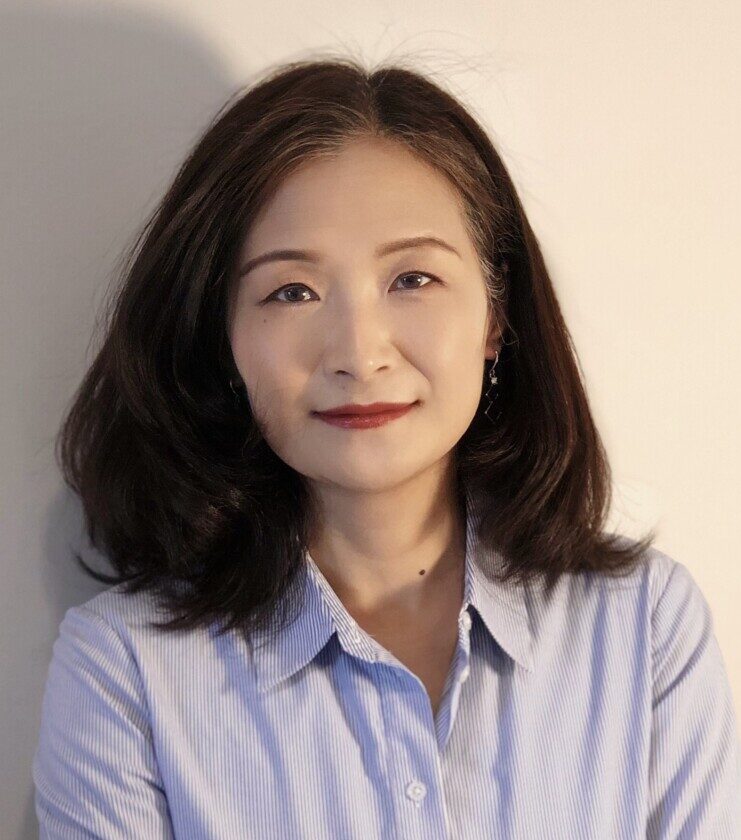
Liyang Dai-Hattrick has joined the Department of Materials Science & Engineering (MSE) as an Assistant Professor, Teaching Stream.
Before joining U of T, Dai-Hattrick was as an instructor in the Department of Materials Science & Engineering at the University of Maryland. She has also taught in the Engineering Faculty at the University of South Carolina and as an associate professor at Cecil College, where she designed a curriculum on common engineering majors, including electrical, mechanical, civil, and aerospace. At Cecil College, Dai-Hattrick was awarded a Maryland state grant to build the Engineering Technology Software Skills Certifications for the Base Realignment and Closure (BRAC) Workforce program. She served as co-director of this initiative and created a flexible online engineering program to aid active duty military personnel in the transition to civilian employment.
Writer Sherry Esfahani spoke with Dai-Hattrick about her career and what led her to MSE.
Why did you choose U of T Materials Science & Engineering?
The MSE department at U of T has an excellent reputation for the quality of its research and teaching. It is a great honor for me to join such a great team. I really like the department’s forward-thinking approach to reimagining the MSE curriculum for the next generation of materials scientists. It is very exciting for me to be part of this innovative process to better prepare our students for the rapidly changing materials science field.
How would you describe your teaching philosophy?
I think a true educator acts to facilitate learning. Each student has different interests and learns in different ways and we must combine our subject matter knowledge with an appreciation for how people learn to design an environment that provides students positive learning experiences. Those experiences are what motivate and help students to take responsibility for their learning. I also believe that an educator should not only teach the course content, but also teach students how to learn independently. I like to use in-depth research projects that allow students to explore their specific interests while learning to appreciate how the course content relates to real world problems.
What are your long-term plans or goals as an MSE faculty member?
The MSE department’s rethinking of the way we teach materials science and engineering really interests me. The idea is to design the undergraduate program as a module-based learning, outcome-focused system, where we move student assessment to a skills-based approach by using Bloom’s Taxonomy. A module-based approach helps students to better connect and apply the basic concepts learned in class to analyze and evaluate real world problems, which are the higher-level outcomes in Bloom’s Taxonomy. I am very excited to help develop and teach the new curriculum to better prepare our students to be creative problem solvers.
What do you miss about teaching in person?
Mid-spring 2020, all classes were switched to online format. As educators we all did our best to modify the course content to better suit the online learning environment, but I really miss in-person teaching. I particularly miss having direct communication with my students. I like to use in-class active learning sessions to gauge the students’ mastery of the lesson’s learning objective. I miss being able to walk around the classroom and directly observe the students at work, which was an opportunity to encourage the students who understood the material and to provide hints to students who were struggling. Seeing how the students performed in these sessions provided me an opportunity to adapt the lecture to strengthen their mastery of key concepts. The students were also much more prone to raise their hands to ask questions or share their thoughts during these exercises. On the contrary, during online teaching I sometimes entered quiet breakout rooms with static black boxes. I really miss the lively in-person learning environment.
What excites you the most about moving to Toronto?
Being able to join U of T is the most exciting part of moving to Toronto. I think Toronto is one of the most multicultural and friendly cities in the world. When I visited Toronto two years ago, I was sold by all the tasty foods Toronto offers. I am also looking forward to exploring all the beautiful parks, lakes, and beaches in GTA.
-Published on June 28, 2021 on UofT Engineering News by Sherry Esfahani.